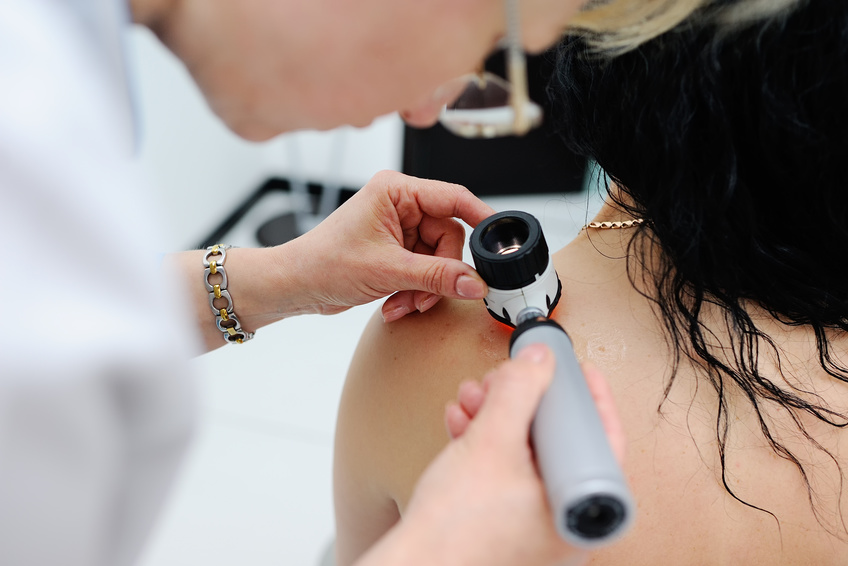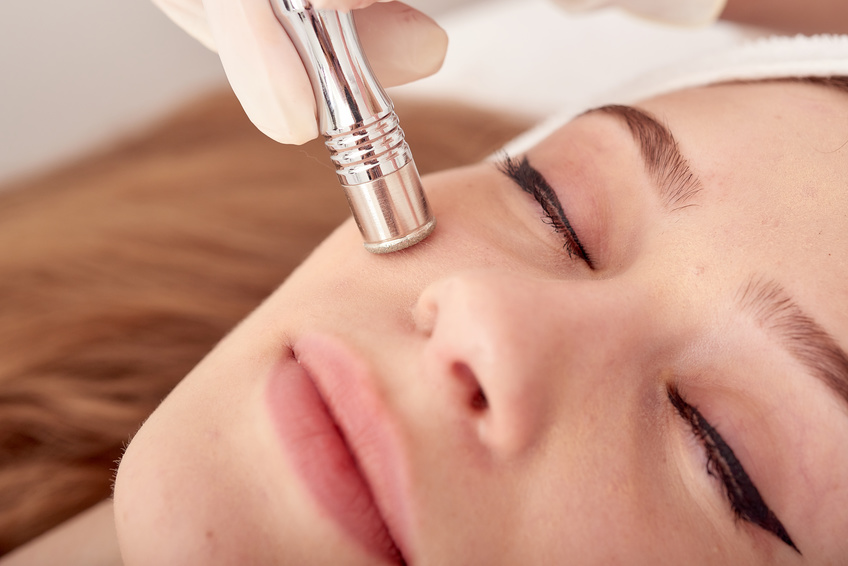
What You Need to Know Before You Start Treating Acne
You are supposed to be taking pictures with your family soon, but there is one thing that refuses to cooperate: your skin. A handful of pesky acne blemishes are scattered across your face.
This is one of the most frustrating battles that people fight all of their lives, from pubescent acne to adult blemishes. Many people hope that acne will dissipate once they enter adulthood, but that is unfortunately not always the case.
You could spend hundreds of dollars on dermatology procedures and acne treatments. Where to begin? Depending on your acne frequency and severity, you may be getting all sorts of acne treatment recommendations thrown at you, from skin experts to family to internet testimonials. All acne and skincare battles are complicated and personal, but here are some lifestyle changes that are known by skin experts to help with common skin issues. Make these few acne treatment steps before you visit a dermatology center so that your dermatologist knows what is best for you.
One: Know the skin you are in. Take a few days without makeup and any skin treatment procedures to really become aware of what your skin naturally does. Pay attention to the times of day that your skin becomes oily or dry, or if it is consistently one or the other. Makeup and face products can seriously alter your perception of how much oil your skin naturally produces and how that will change your skincare needs.
It is also important to learn what kind of acne you are prone to. Cystic acne, for example, consists of large, painful blemishes that occur deep within the skin; they are not traditional surface pimples and can’t be “popped.” Surface washes do nothing for cystic acne, which is often a chronic condition and needs to be addressed through oral medication or antibiotics. The other two forms of acne you may be prone to are whiteheads and blackheads. These blemishes occur when dirt gets trapped in the pore, mixes with oil and bacteria, and becomes infected. Blackheads are when the pore is open and that infection gets exposed to oxygen, giving the pore a black appearance. All three different forms of acne must be approached differently for the most accurate results.
So, is your skin oily and full of blackheads? Or dry and mostly whiteheads? Beware of acne treatment products that claim to be a cure-all; your skin procedure is unique.
Two: Nourish from within. You can apply the best moisturizer in the world or exfoliate half a dozen times a day, but it will make no difference if your skin cells are struggling due to lack of nutrients. Your skin is just as dependent on you and your diet for what it needs to be healthy as the rest of the organs in your body, and you can be most effective in treating your skin problems by changing what skin cells draw from within you, not what you put on it. The skin fully renews itself every 28 days, so give it time for results to show.
Skin experts suggest that the most important fuel you can give your skin is water. Skin experts advise that water keeps your skin soft, firm, and bright, all the while aiding your cells in circulation and excretion of waste, including the waste and dirt that contributes to your acne. When your body is properly hydrated, circulation through the blood vessels in your face is more efficient and better stimulated, and blood stimulation to acne scabs and open blemishes helps them heal faster.
A poor diet that is loaded with sugary and fried things means that your skin cells — just like the other cells in your body — will be forced to use those sugars and fats as energy, as opposed to natural nutrients from a better diet. These sugars and fats lead to clogging of your pores and acne. Change your diet, heal your skin, and feel better overall, too!








No Comments
Sorry, the comment form is closed at this time.